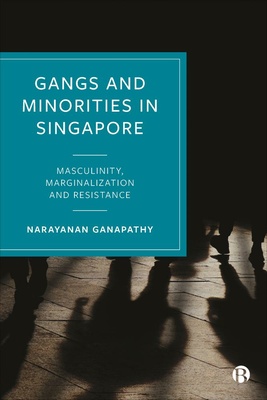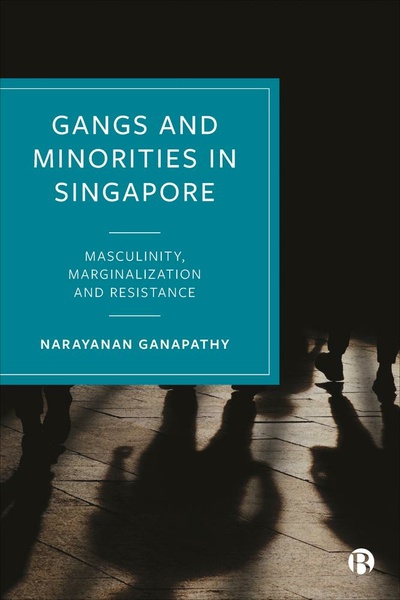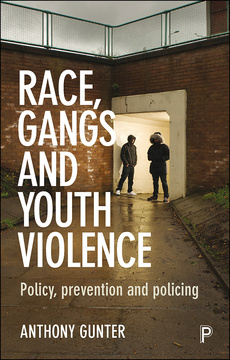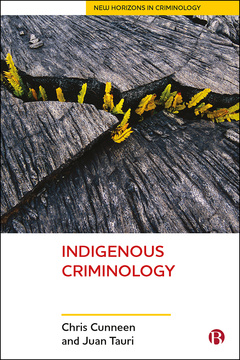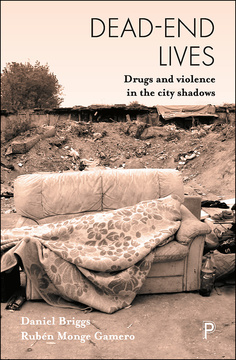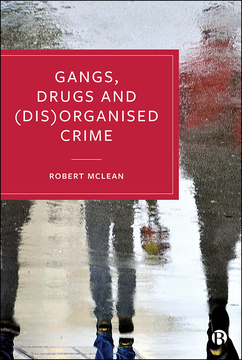Gangs and Minorities in Singapore
Masculinity, Marginalization and Resistance
By Narayanan Ganapathy
Published
21 Dec 2023Page count
234 pagesISBN
978-1529210651Dimensions
234 x 156 mmImprint
Bristol University PressPublished
21 Dec 2023Page count
234 pagesISBN
978-1529210675Imprint
Bristol University PressPublished
21 Dec 2023Page count
234 pagesISBN
978-1529210675Imprint
Bristol University PressThis book is a unique ethnographic study of a racially exclusive Malay Muslim gang, Omega, which has its roots in Singapore’s prisons and controls much of the illicit drug trade in the state. Similar to indigenous peoples elsewhere, Singapore Malays are disproportionately represented in the criminal justice system and can respond to structural marginalization and colonization through gang involvement.
In demonstrating that gang membership can be an adaptive strategy for minority groups, this book promotes a more inclusive and restorative justice model for people with repeat convictions.
“Rich in empirical detail and insightful in its analysis, this book is destined to become a classic of 21st-century criminology.” James Sheptycki, York University, Canada
“An insightful analysis of the rise of Omega gangs, exploring the complex dynamics of the marginalization faced by Malay Muslims and their pursuit of material success within the multicultural and multi-ethnic context of post-colonial Singapore.” Mahesh Nalla, Michigan State University
Narayanan Ganapathy is Associate Professor in the Department of Sociology at the National University of Singapore.
Preface
1. Introduction: Framing the Study
2. Omega As Organized Crime?
3. Racial Minorities and Crime
4. Methods of Study
5 .The Rise of Omega
6. Fearless and Fearsome
7. The Omega Wave: The ‘Triadization’ of Omega
8. Conclusion: Law, Drug Crimes and Marginality







